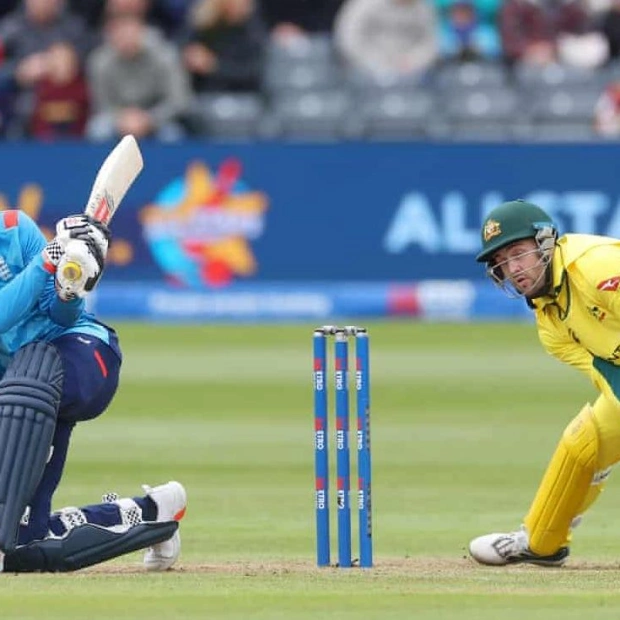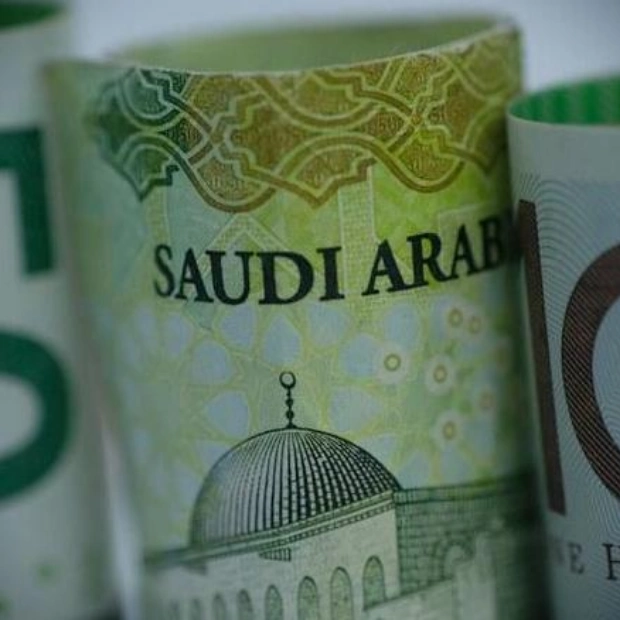Question: I am planning to return to India but I will continue to earn foreign income in countries where there is a withholding tax. I am told that I will be eligible for foreign tax credit. Can you please provide more information on this topic?
ANSWER: The Foreign Tax Credit is a mechanism used by many countries to avoid double taxation on income earned in one country but taxed in both the country where it is earned and the country where the recipient resides. It is advisable to consult a tax advisor in India due to the complexities involved in claiming this credit. Differences in tax years and tax payment dates between countries can affect the calculation of the FTC. Since India follows a financial year from April 1 to March 31, while some foreign countries use a calendar year, a tax advisor will need to ensure that income is not taxed twice. Additionally, some double tax avoidance agreements limit the amount of FTC that can be claimed, requiring separate calculations for each income source. Proper documentation, including foreign tax returns and proof of taxes paid, is crucial for supporting the FTC claim and for responding accurately to any queries from tax authorities in either country.
Question: Given India's significant production of solar panels and electric vehicles, will it be able to secure sufficient quantities of raw materials needed for battery production, or will it remain dependent on imports at increasing prices?
ANSWER: To become self-sufficient and reduce reliance on imports of essential raw materials, India has applied to the United Nations’ International Seabed Authority for a license to explore two areas of the Indian Ocean rich in minerals like cobalt and manganese, crucial for battery production in electric vehicles and solar panels. India currently holds licenses to explore two regions in the Indian Ocean for polymetallic nodules at a depth of 6 kilometers and for polymetallic sulphides. These nodules contain manganese, nickel, cobalt, copper, and iron hydroxide. Indian researchers have begun test mining, developing equipment to extract minerals without harming the environment. The National Institute of Ocean Technology has identified over 350 million tonnes of polymetallic nodules, including over one million tonnes of cobalt, which is currently imported from the UK, China, and Norway. This exploration is vital for India's self-reliance.
Question: My younger brother, who is pursuing higher education, wants to specialize in blockchain technology. I am curious about the future prospects in this field and whether he can expect a rewarding career.
ANSWER: Blockchain technology holds significant potential, going beyond its role as a database to become a revolutionary technology impacting various industries globally. Its core principles of immutability, decentralization, and security make it a platform for innovation. By using cryptography and distributed ledger technology, blockchain ensures transparent, secure, and real-time transaction tracking, laying the foundation for a trustworthy digital ecosystem. The shift to Web 3.0, driven by blockchain technology, will introduce a new era of decentralization and peer-to-peer interactions. Financial institutions and regulatory bodies are increasingly adopting blockchain technology, which will also impact sectors like supply chain and healthcare. Therefore, specializing in blockchain technology offers your brother opportunities for innovation and growth.






